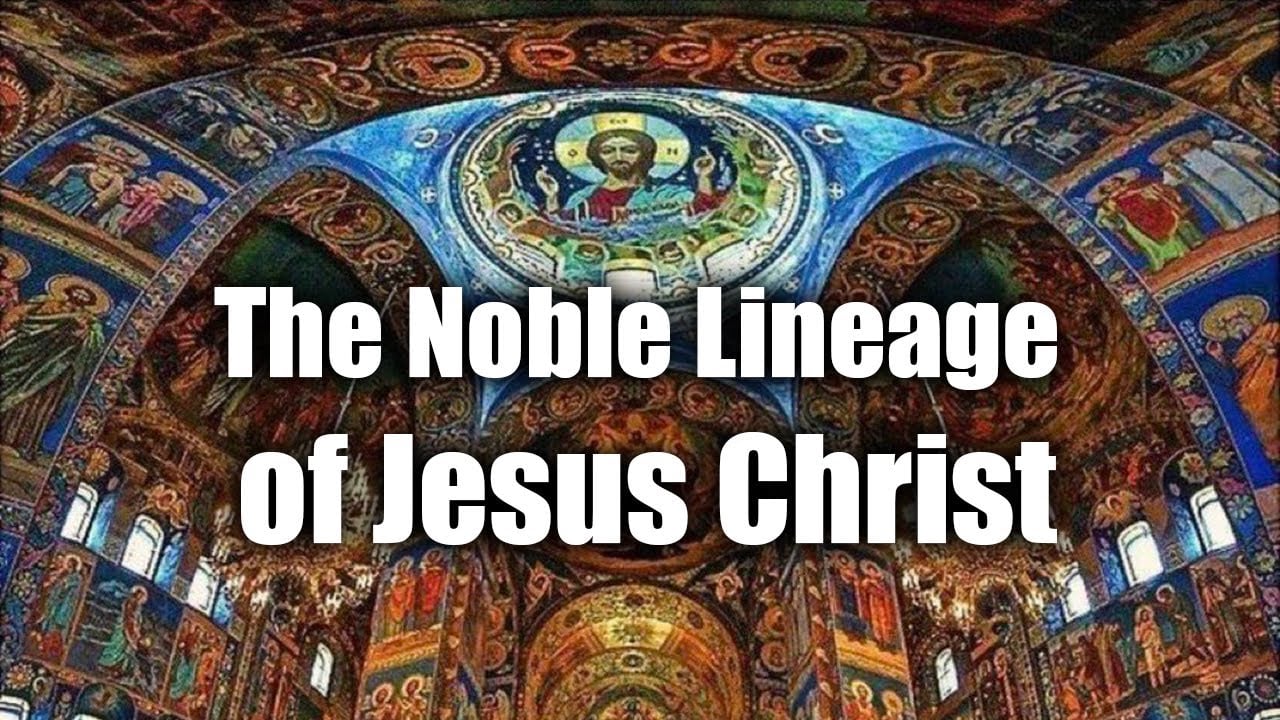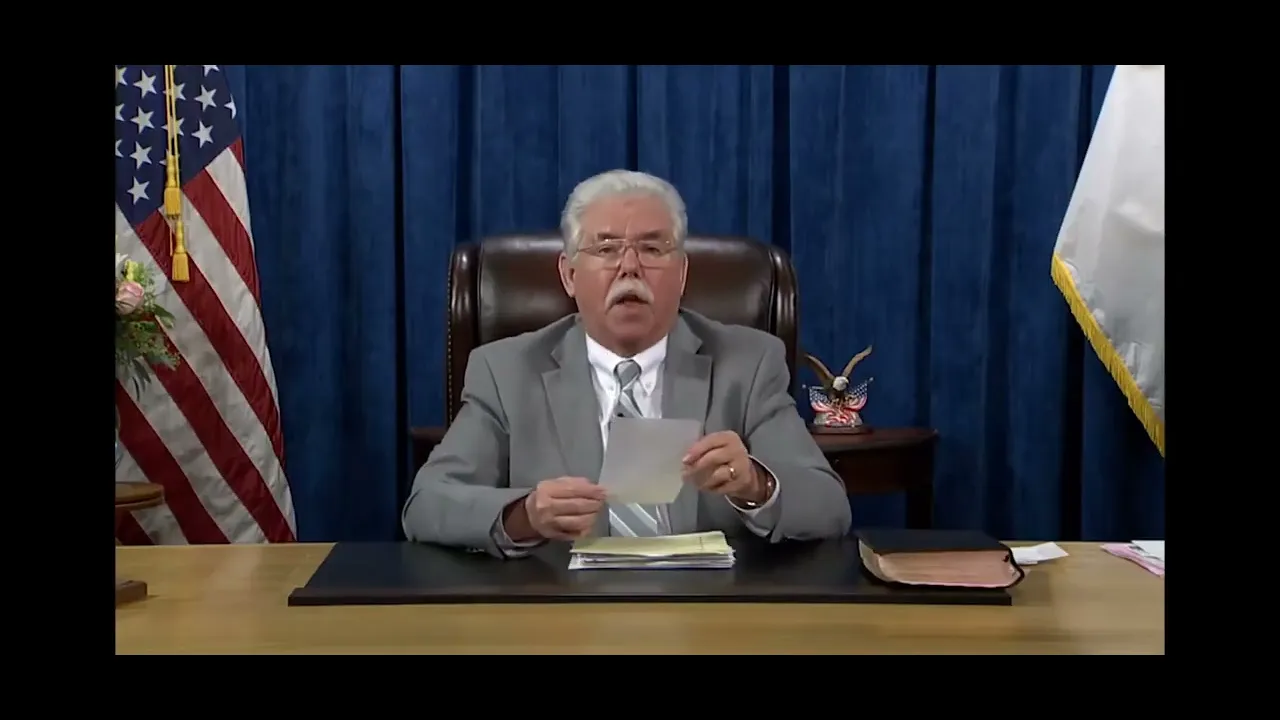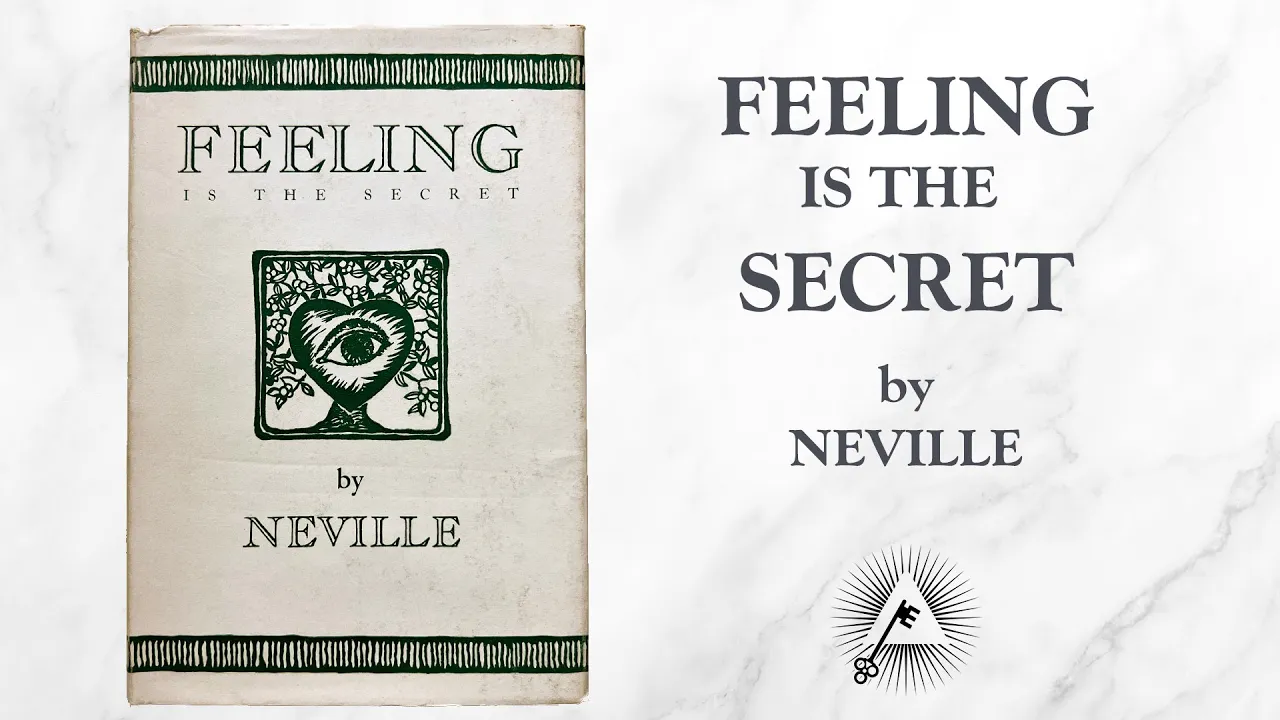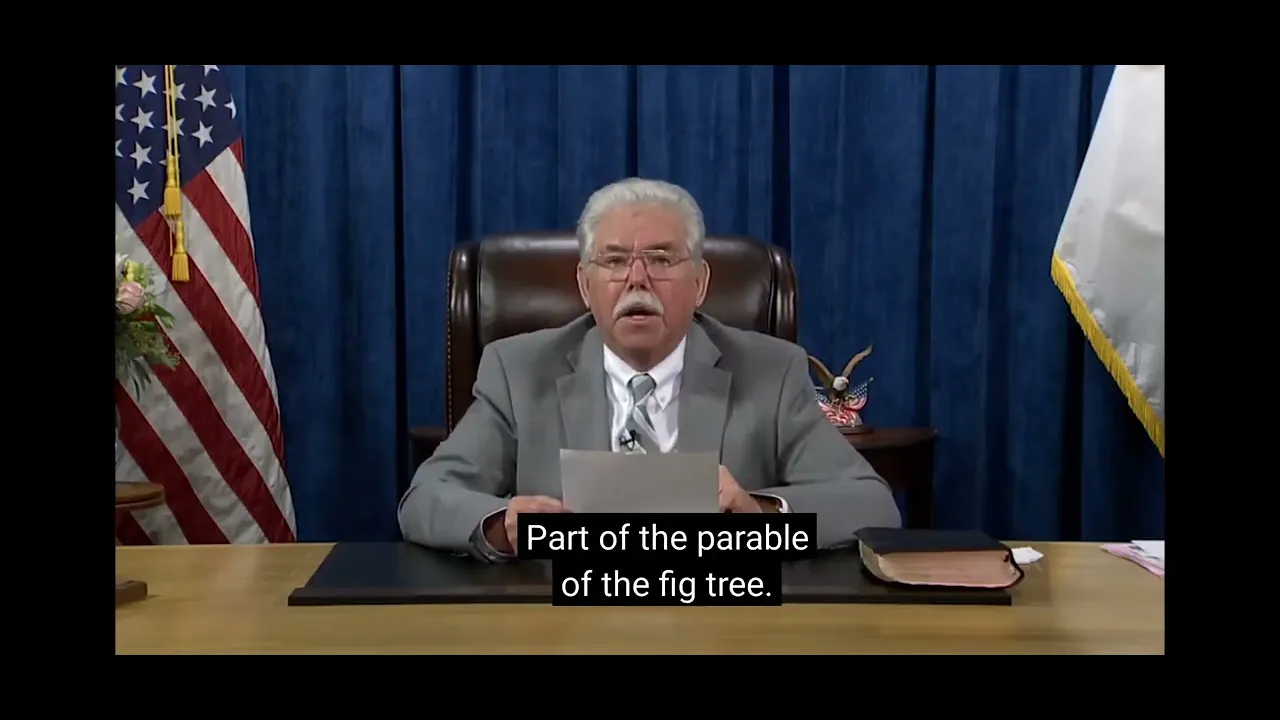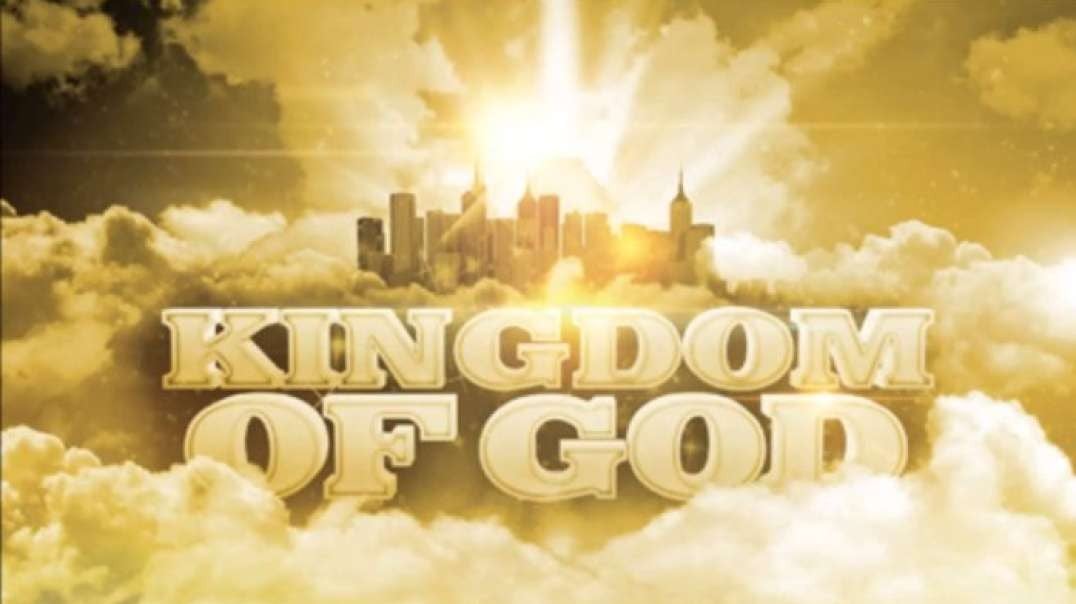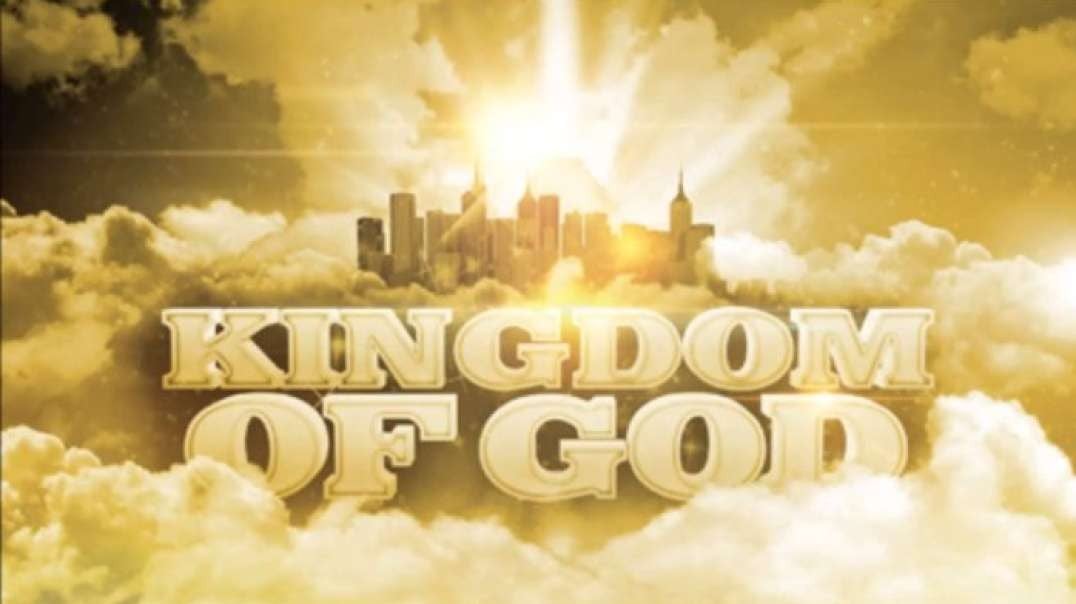Adam, Odysseus, Christ, & Us
Please turn with me to Hebrews 2, where we will be picking up in verse 5. While you’re turning there, I’d like to ask you why it is that we (and by “we,” I mean humans) tell stories about lost kingdoms, overrun with enemies, reclaimed by worthy heirs failed forefathers?
And I know you think I’m about to talk about Aragorn, son of Arathorn, rightful king of Gondor, Dúnedain, man of the West heir of Isildur—his forefather whose failure to destroy the One Ring of Power led not only to the decline of the West, but also the near-destruction of the free peoples of Middle Earth.
But I’m not, because you would all make fun of me later.
Our text this morning, Hebrews 2:5–9, is going to answer that question—that question of why we are so delighted by these stories and why we have been telling them around campfires and hearths and on movie screens and printed pages and the songs of bards—of why we have been retelling this story with a different cast of characters on every continent, across centuries and cultures and languages and oceans.
But since I talk about The Lord of the Rings too much, I’ll use a different, older, more influential story to illustrate this—an ancient story of a lost domain reclaimed.
The Odyssey was probably composed by Homer around 700 B.C., which is the time of the prophet Isaiah. The story is mainly about the journey of a man named Odysseus, who is attempting to return to his home in Ithaca after taking part in the Trojan war, events which are told in the prequel to the story known as The Iliad.
And I’m going to give you a bucket of spoilers, here, but you’ve had 2,700 years to read it, so if you haven’t yet, I’m going to assume you aren’t going to. Odysseus’s journey home should take just a few weeks, but it ends up taking about 10 years. And he goes through all sorts of trials and issues and tests, involving a cyclopses, sirens, Poseidon, and other shenanigans.
But finally, after a decade of struggle, Odysseus finally comes home, and finds that his domain, his household and kingdom, are in disarray. Thinking him dead, scores of worthless men have essentially laid siege to his wife and son in their home, attempting to marry her so that they can take his throne and his home and rule his domain.
And they’ve been eating all his food, mistreating his wife, and generally misbehaving. And so Odysseus returns, and rather than openly declare himself immediately, he disguises himself as a beggar. The suitors all abuse him and insult him and even assault him, but he opens not his mouth and bides his time.
Penelope, his wife, sets up a test, promising to marry any man who can string the bow of her husband Odysseus and then shoot an arrow through a dozen axes lined up with a hole drilled in the axehead, as Odysseus used to do.
Long story short, all the suitors fail, Odysseus succeeds and is revealed as the true Husband of Penelope, and together with his son Telemachus and a few of his faithful servants who have long awaited his return, they slaughter all the suitors, win back the Kingdom, and reclaims his throne.
The Odyssey is a story about a lost kingdom under the claim of evil men, won back by a worthy Lord, who saves his people and puts his enemies under his feet, such that he wins a bride and sees his offspring. He does this by succeeding where all others have failed, meeting the test that none other could meet.
That is what Hebrews 2:5–9 is about. It is a passage that explains why this kind of story has delighted and captivated and moved us so much and in so many cultures and times and places. Remember, that story was told 700 years before Christ. It is a story embedded in the fabric of our longings.
We will find in the text this morning and the Psalm it references that these stories captivate us because they are our story. Look with me at Hebrews 2:5,
“For it was not to angels that God subjected the world to come, of which we are speaking. It has been testified somewhere,
“What is man, that you are mindful of him,
or the son of man, that you care for him?
You made him for a little while lower than the angels;
you have crowned him with glory and honor,
putting everything in subjection under his feet.”
Now in putting everything in subjection to him, he left nothing outside his control. At present, we do not yet see everything in subjection to him. But we see him who for a little while was made lower than the angels, namely Jesus, crowned with glory and honor because of the suffering of death, so that by the grace of God he might taste death for everyone.”
-Hebrews 2:5–9
Pray with me.
Here’s how we will approach the text this morning. First, we will take a brisk sort of walk through the text to try and get the big picture and understand how the message of this section hangs together. And as we do that, we’ll find that the text invites us to step back and see how Jesus fulfills that big story that so captivates us.
